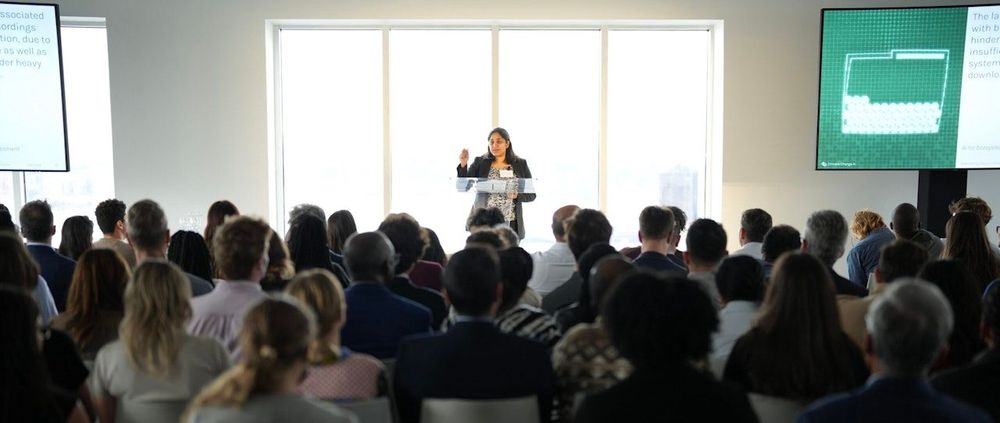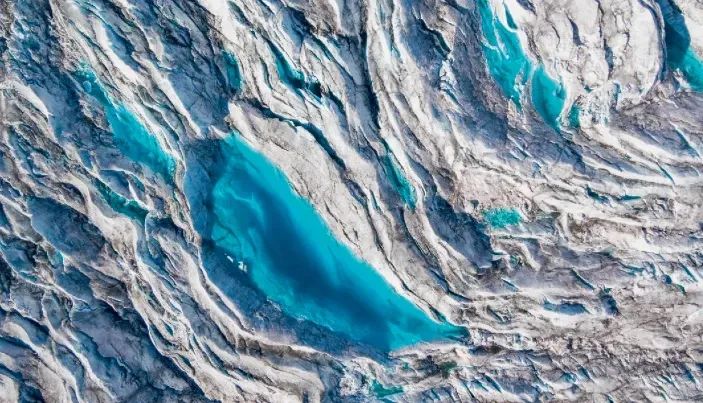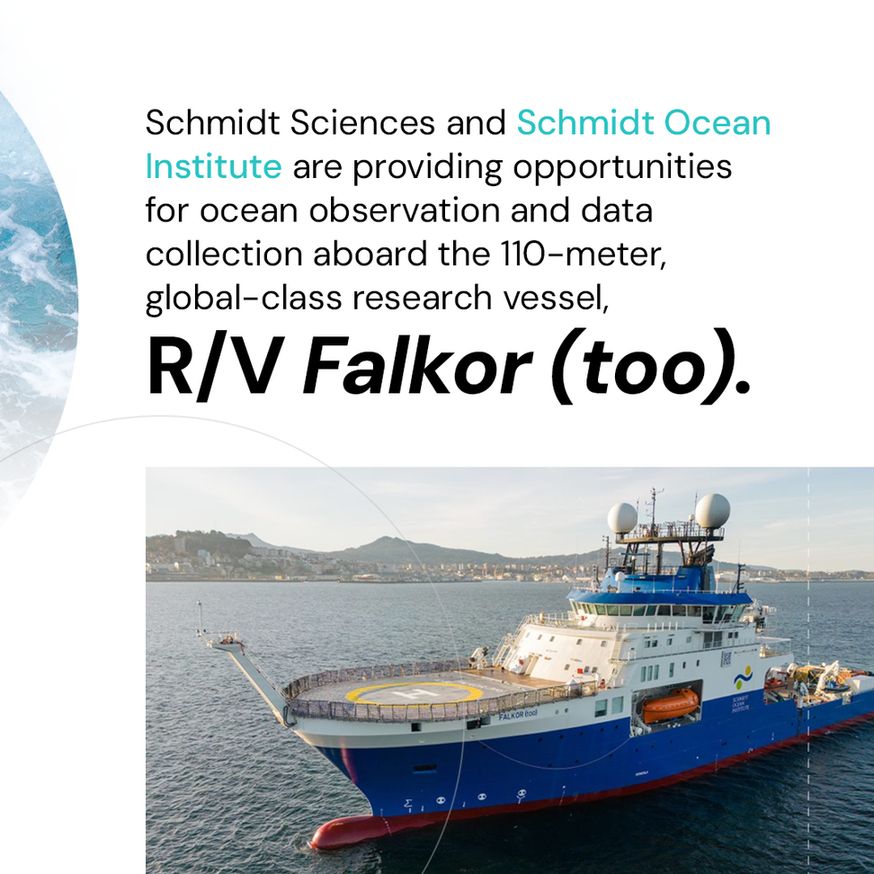Schmidt Sciences
@schmidtsciences.bsky.social
260 followers
15 following
43 posts
Bold science, deep and continuous collaborations.
Posts
Media
Videos
Starter Packs
Reposted by Schmidt Sciences





































